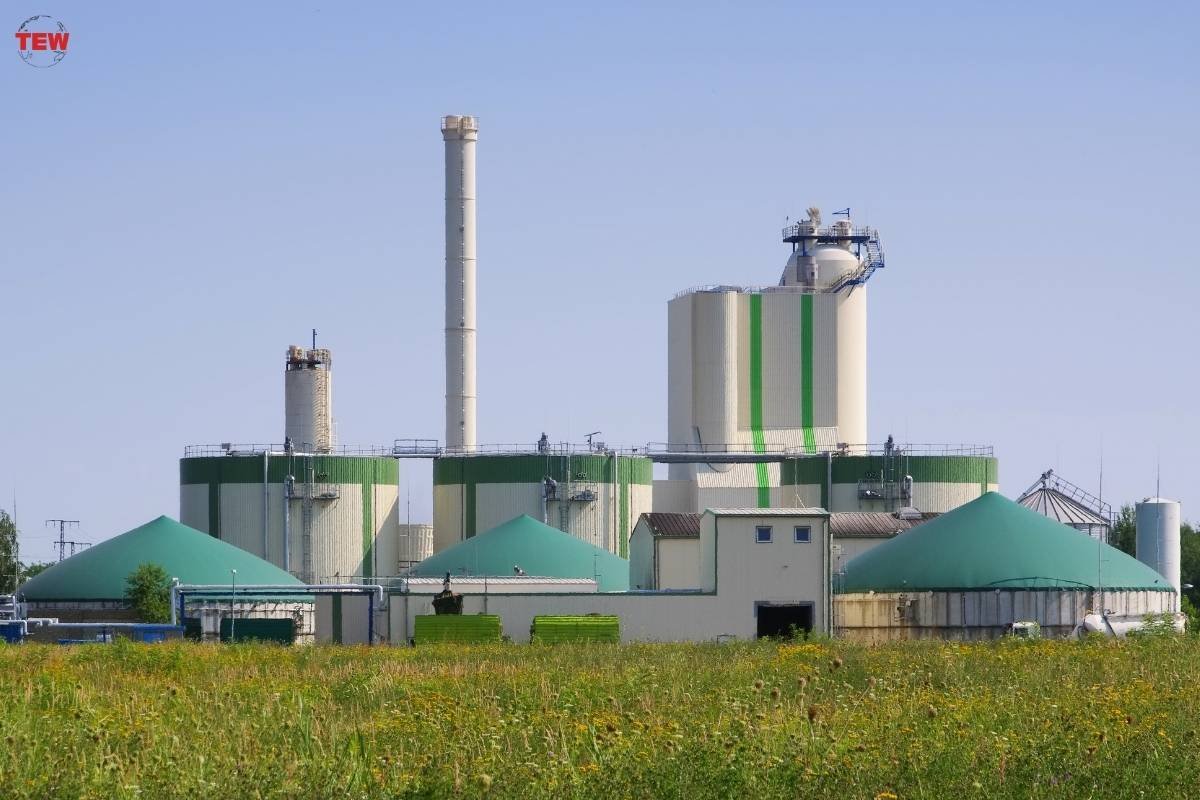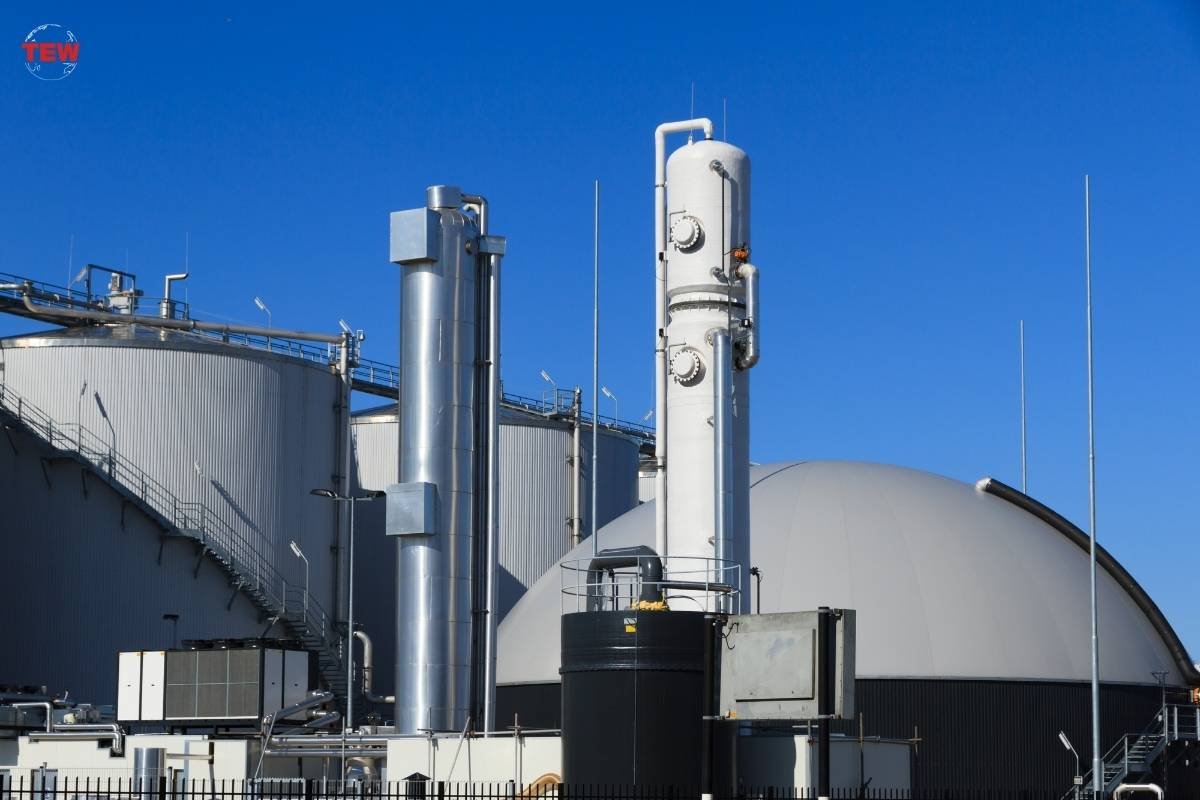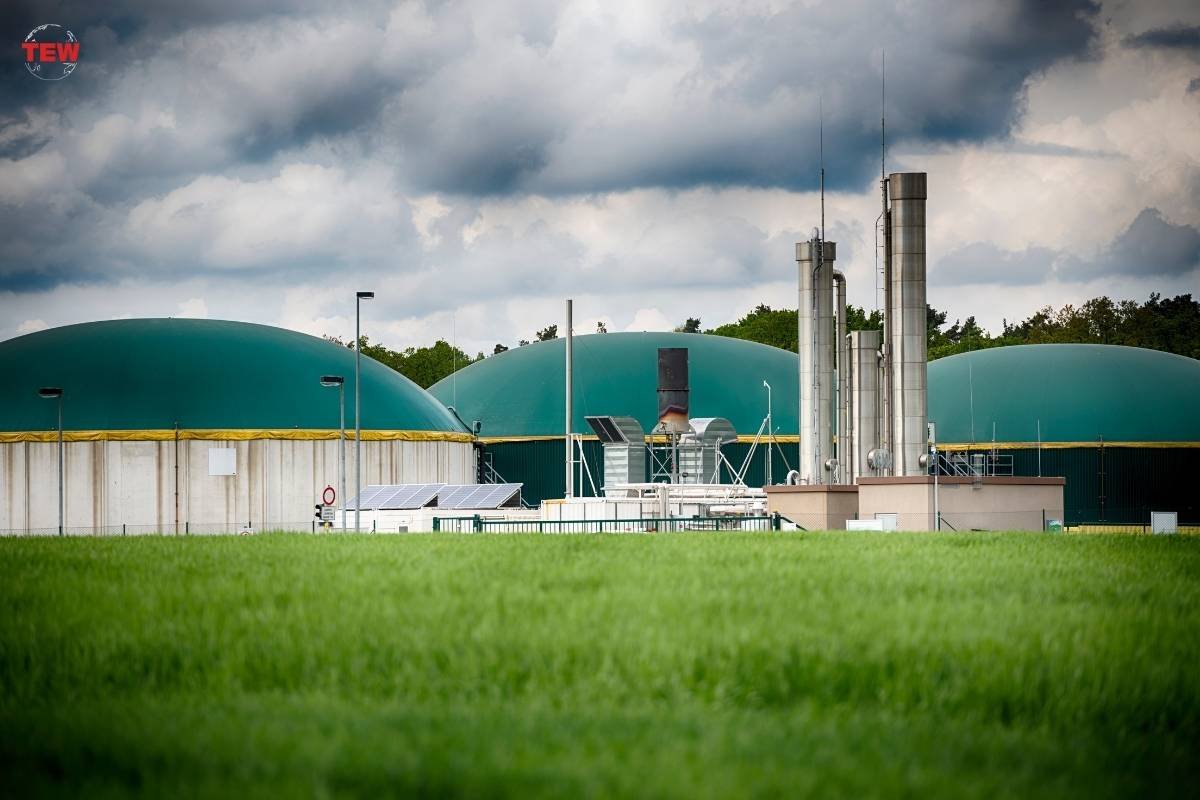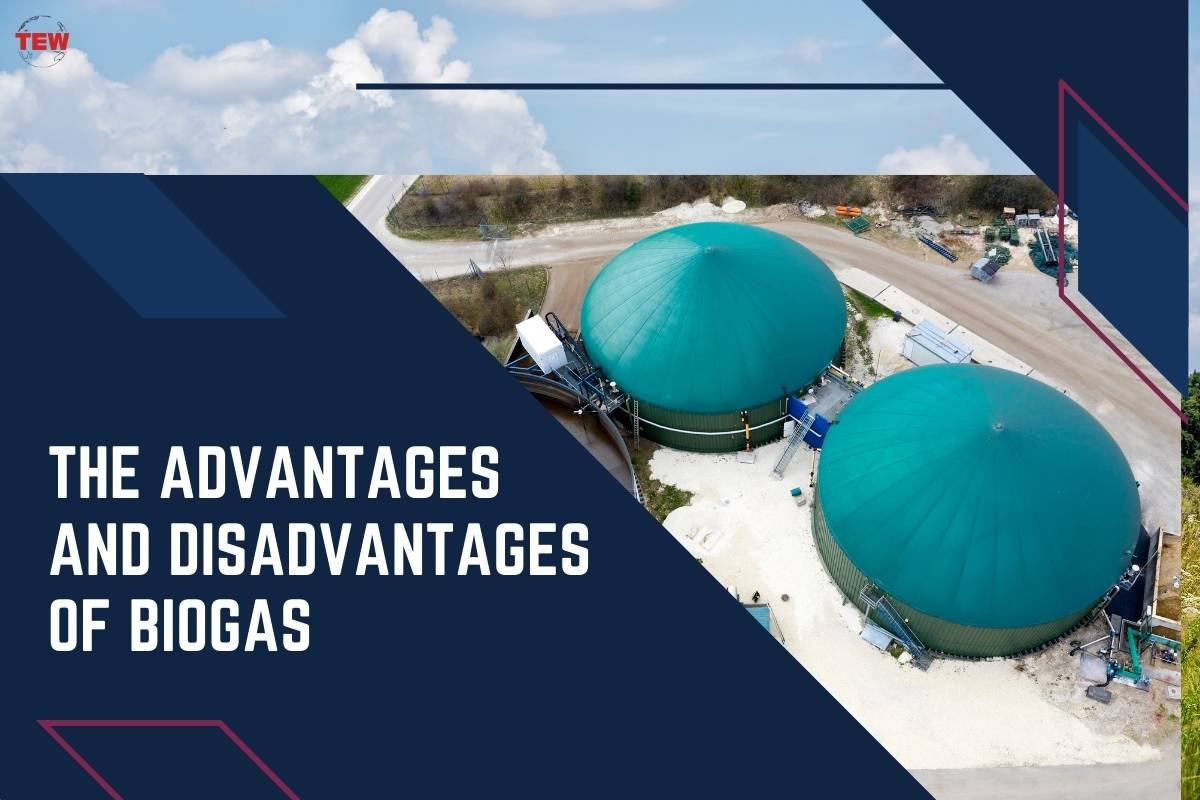The use of biogas as an alternative energy source has been gaining traction in recent years as individuals and communities seek to reduce their environmental impact and reliance on fossil fuels. Biogas, a renewable fuel produced through the anaerobic digestion of organic matter, offers a range of advantages of biogas as well as some disadvantages of biogas to consider. In this article, we will explore both the advantages and disadvantages of biogas to provide a balanced perspective on this emerging energy technology.
The Advantages of Biogas:
1. Biogas storage
One of the advantages of biogas is its ability to be stored for later use. Biogas can be stored in specialized tanks or underground storage facilities, allowing for the energy to be utilized when it is most needed rather than being limited to immediate production.
2. Renewable and sustainable
One of the primary advantages of biogas is that it is a renewable energy source. The organic matter used to produce biogas, such as agricultural waste, municipal solid waste, and sewage sludge, is continually replenished, making it a sustainable option for energy production.

3. Reduced greenhouse gas emissions
Burning biogas for energy production is deemed carbon-neutral, as the carbon dioxide (CO2) released during the combustion process is offset by the CO2 absorbed by the organic matter during its growth cycle. This closed-loop process helps to mitigate the greenhouse gas emissions associated with traditional fossil fuel-based energy generation, contributing to the fight against climate change.
4. Waste management and biofertilizer production
Biogas production can also serve as a waste management solution, as it can convert organic waste materials into a useful energy source.
5. Decentralized energy production
Biogas systems can be implemented at a smaller community-scale, allowing for decentralized energy production. This decentralization can help to reduce the reliance on large, centralized power plants and distribution networks, potentially improving the resilience and accessibility of the energy supply.
Disadvantages of Biogas:

1. High upfront costs
The initial investment required to set up a biogas production facility can be relatively high, especially for smaller-scale operations.
2. Feedstock availability and quality
The availability and quality of the organic feedstock used to produce biogas can be a challenge. Ensuring a consistent and reliable supply of suitable feedstock, such as agricultural waste or municipal solid waste, is essential for the consistent operation of a biogas plant.
3. Environmental concerns
While biogas is generally considered a more environmentally friendly energy source compared to fossil fuels, there are still some potential environmental concerns to consider. Improper handling or leakage of biogas, which is primarily composed of methane, can contribute to greenhouse gas emissions. Additionally, the digestate produced as a byproduct of the anaerobic digestion process may require careful management to avoid potential soil or water contamination.
The Future of Biogas:

Looking to the future, the role of biogas is expected to grow as policymakers, businesses, and consumers increasingly prioritize sustainable energy solutions. With continued investment and supportive policies, biogas has the potential to become a more integral part of the diversified energy mix, helping to drive the transition towards a carbon-neutral economy. By carefully weighing the pros and cons, decision-makers can make informed choices about the role of biogas in their energy portfolios.
The advantages and disadvantages of biogas highlight the complex considerations involved in the adoption and implementation of this renewable energy technology. While biogas offers significant environmental benefits, such as reduced greenhouse gas emissions and waste management solutions, the high upfront costs, and feedstock availability challenges can present barriers to widespread adoption.






